Shares in the Alabuga Special Economic Zone in the Republic of Tatarstan in Russia have been under scrutiny following allegations of deceptive recruitment practices and hazardous working conditions for young women, mostly from Africa, who were lured to the region with promises of full-time jobs and professional training.
According to reports, 23-year-old Adau, originally from South Sudan, was among those who fell victim to the scheme. She had applied to the Alabuga Start programme, a recruitment initiative targeting 18-to-22-year-old women from various parts of the world, including Africa, Latin America, and South-East Asia. The programme promised participants professional training in areas such as logistics, catering, and hospitality. However, Adau claims that upon arrival, she was taken to a drones factory where she was forced to work in hazardous conditions, with her skin peeling due to the harsh chemicals used in the production process.
"I got my uniforms, not even knowing exactly what we were going to do," Adau recalled. "From the first day of work, we were taken to the drones factory. We stepped in and we saw drones everywhere and people working. Then they took us to our different work stations." Adau alleged that she and her fellow recruits were not provided with adequate protective gear, leading to health issues and discomfort.
The Alabuga Start programme has been accused of using deception in its recruitment practices, with some participants claiming that they were not informed about the nature of their work or the conditions they would be working in. The programme has denied all allegations of wrongdoing, but has not disputed reports that some employees were involved in the production of drones.
The issue of deceptive recruitment practices and hazardous working conditions affecting young women from developing countries is a pressing concern globally. According to the International Labor Organization, millions of migrant workers, mostly women, are exploited in various parts of the world, often under the guise of legitimate job opportunities.
The Alabuga Start programme has faced criticism from human rights groups and local authorities, who have called for greater transparency and accountability in the recruitment process. An investigation into the allegations is currently underway, with officials from the Russian government and local authorities working to address the concerns raised by the affected women.
As the investigation continues, Adau and her fellow recruits are seeking justice and compensation for the harm they suffered. Their story serves as a reminder of the importance of protecting the rights and dignity of migrant workers, particularly women, who are often vulnerable to exploitation and abuse.



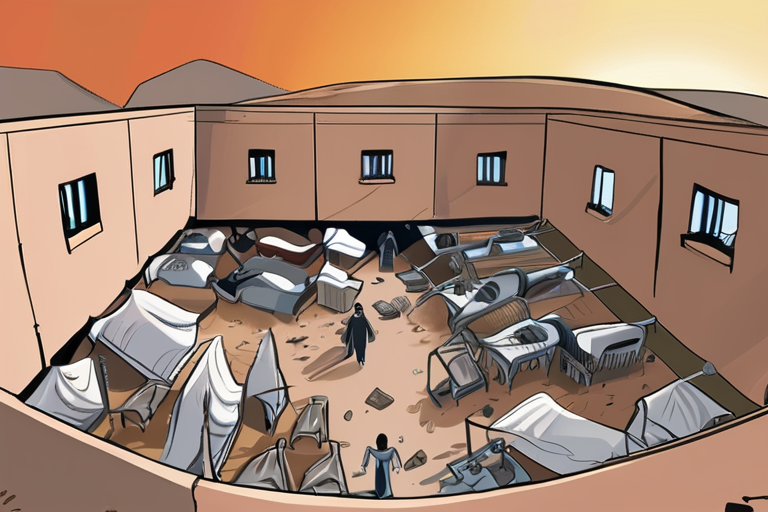
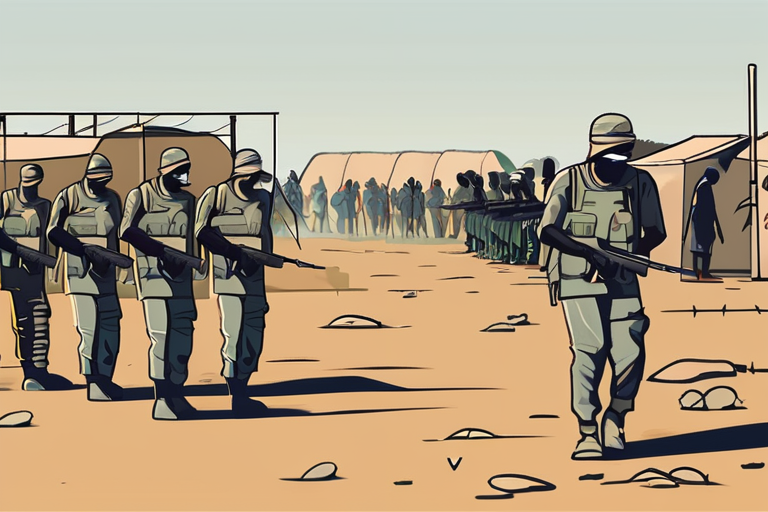

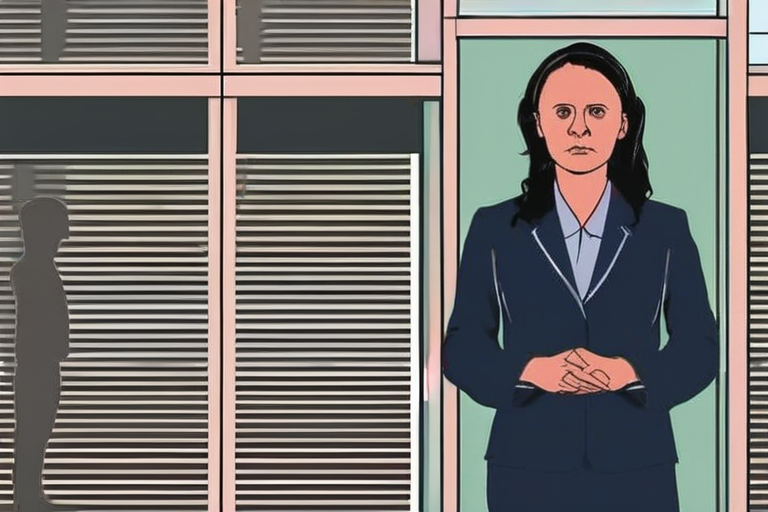
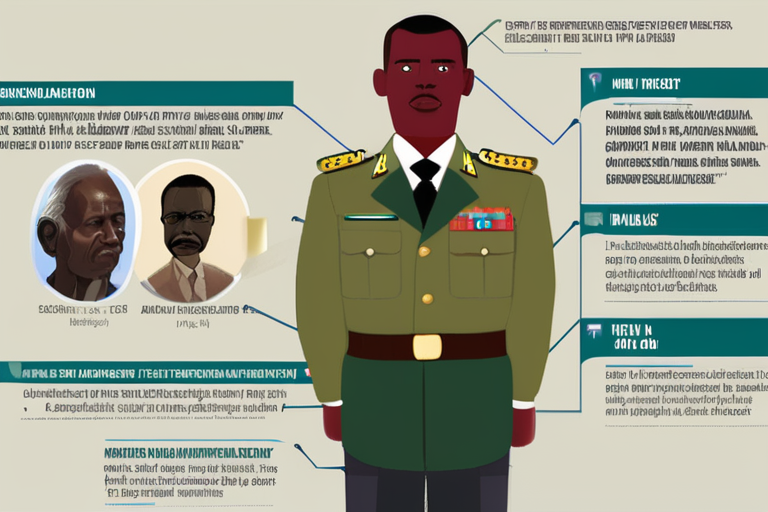
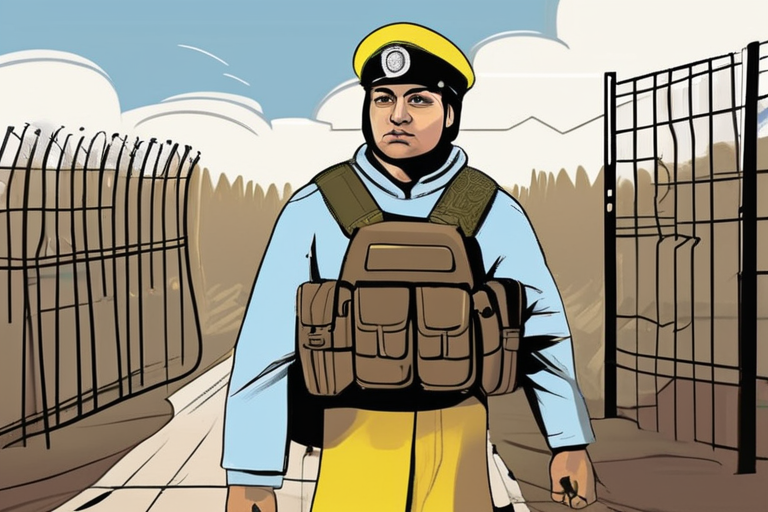

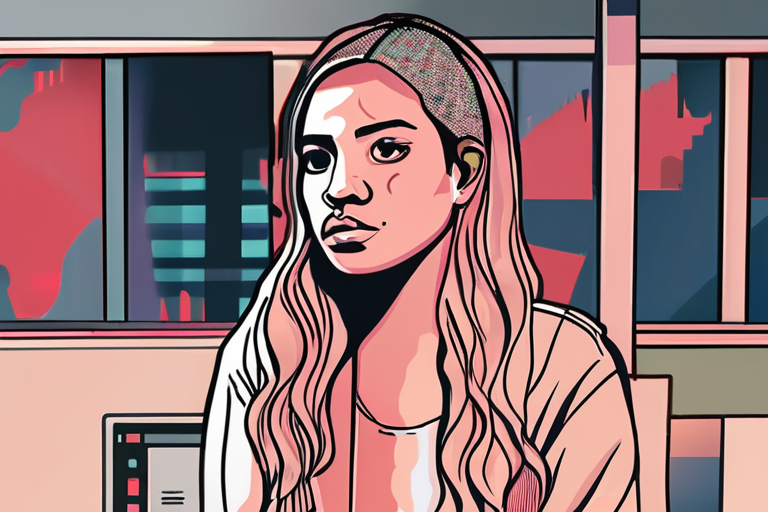

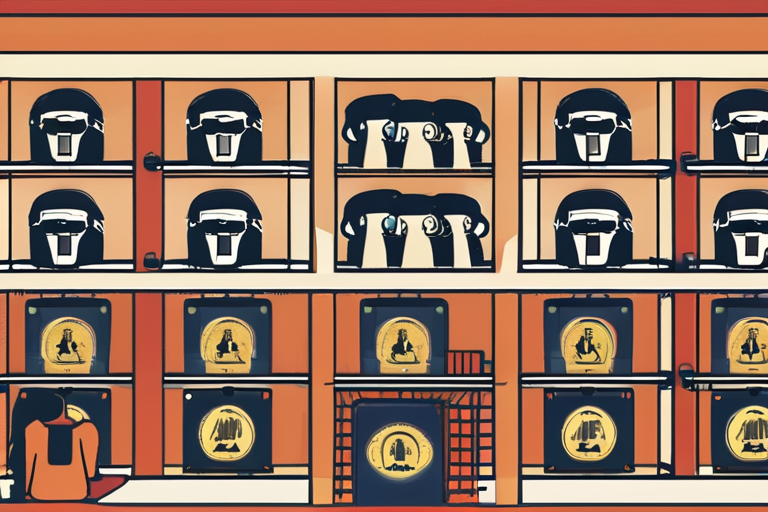
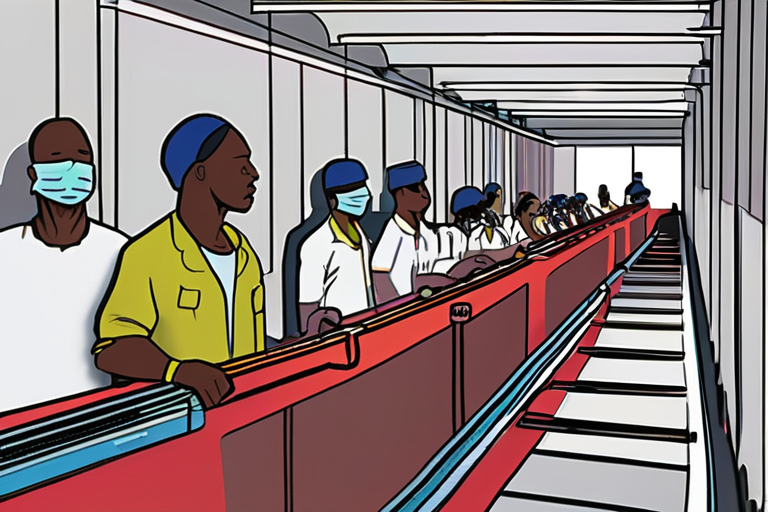
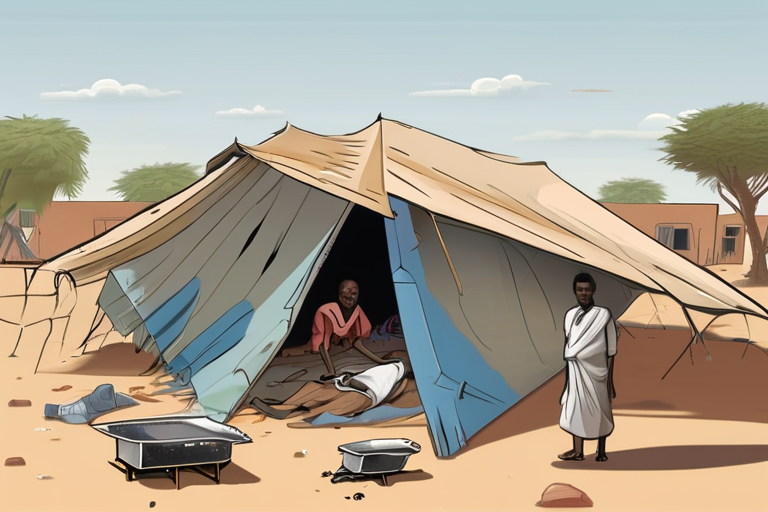
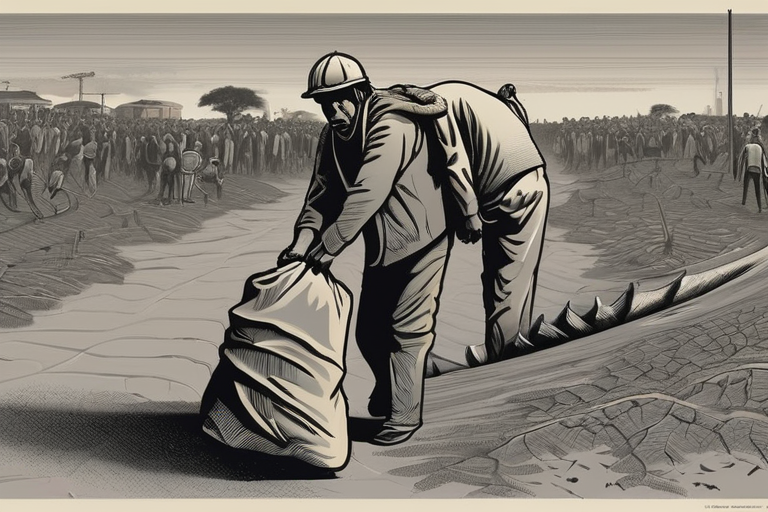
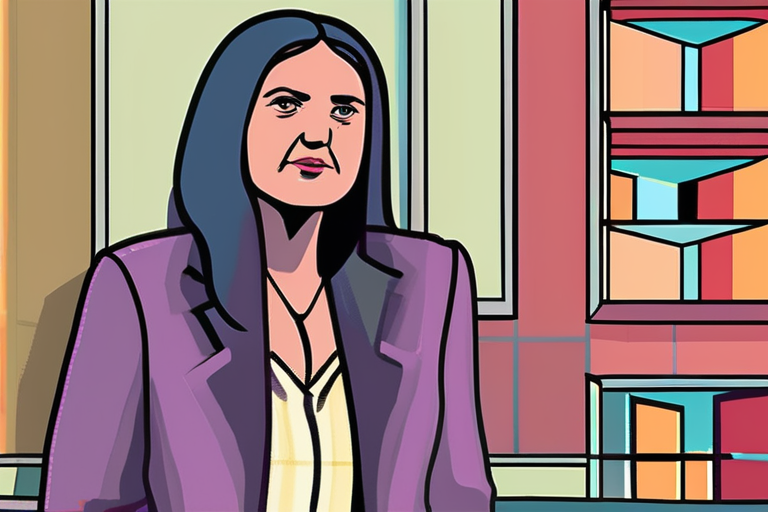
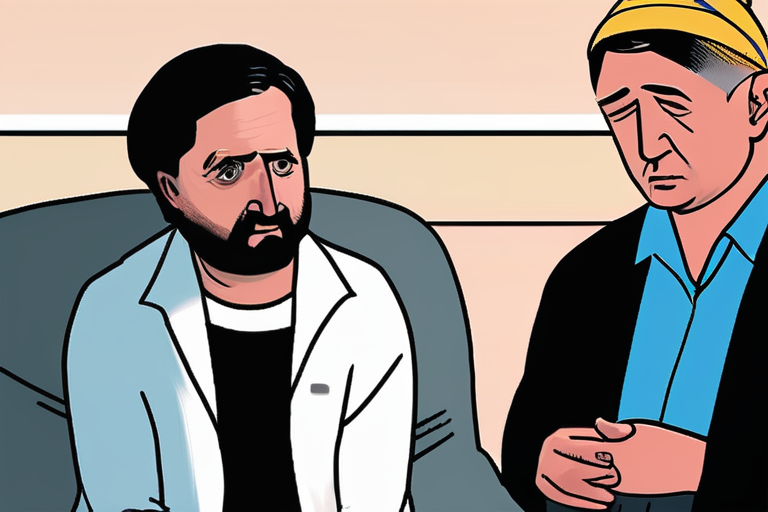

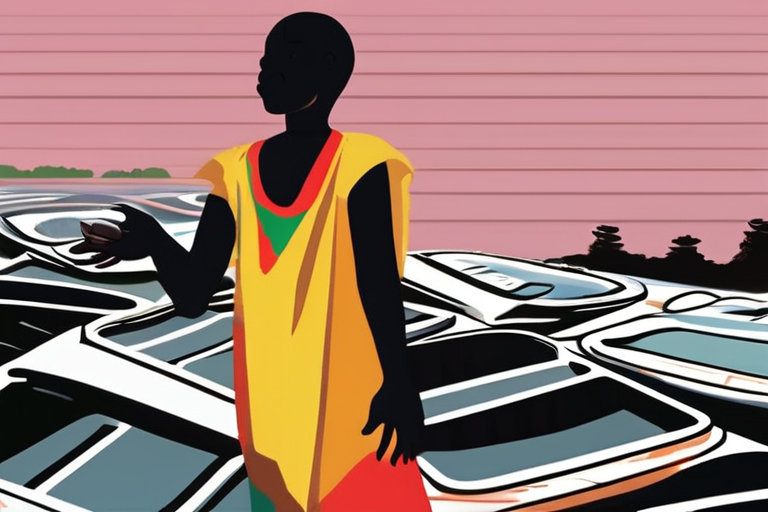
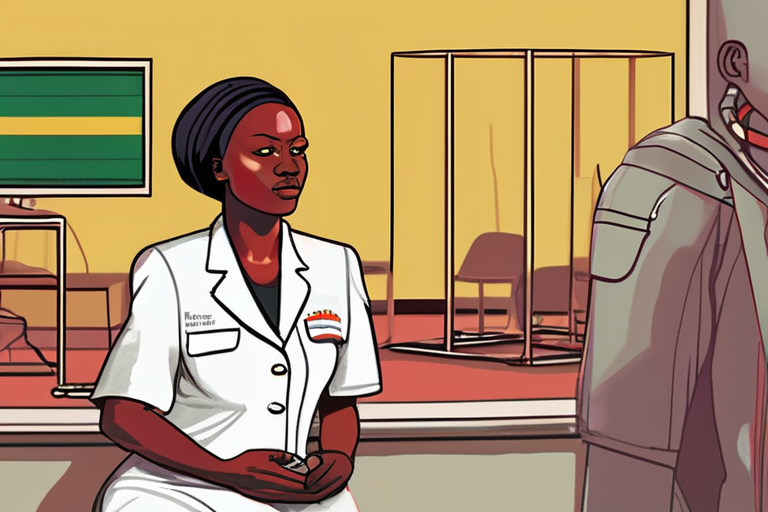

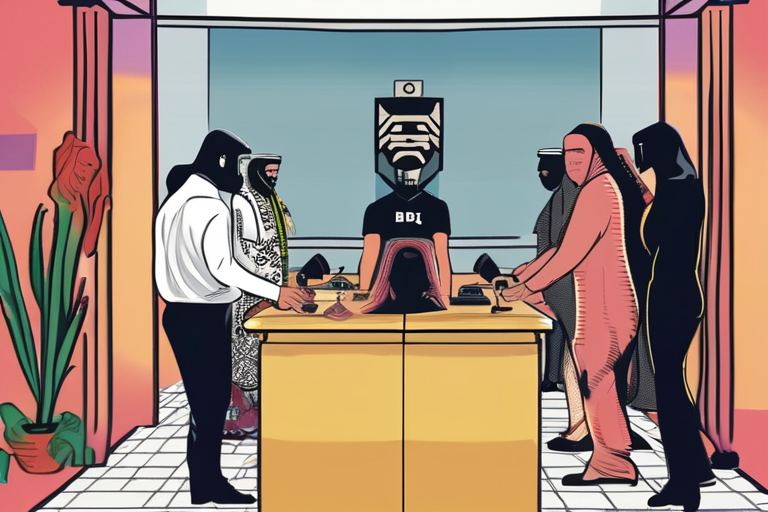
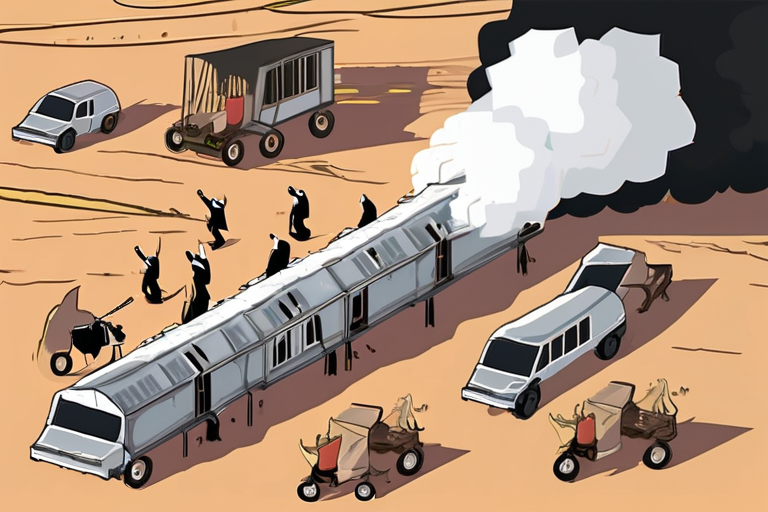
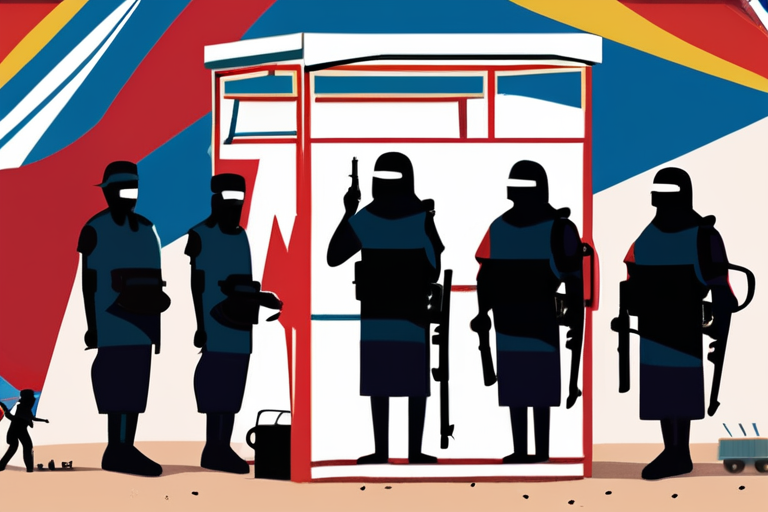


Share & Engage Share
Share this article